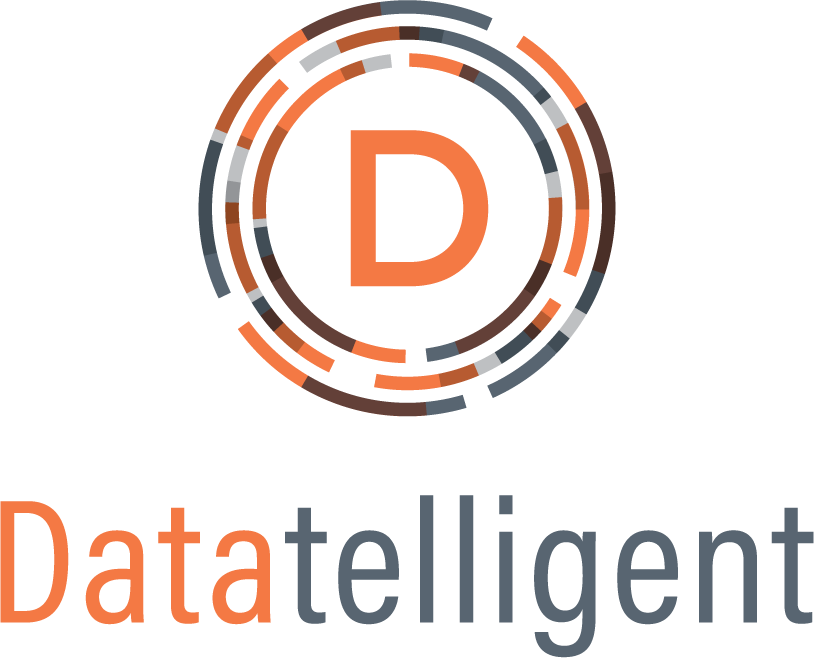How Food Banks and Pantries Can Tackle SNAP Benefit Expiration
In the wake of the COVID-19 pandemic, food insecurity has become a critical issue in many communities worldwide. Food banks and food pantries have played a vital role in providing essential support to those who are struggling to make ends meet. However, with the expiration of COVID-related SNAP (Supplemental Nutrition Assistance Program) benefits and the rise of inflation, food banks and food pantries are facing new challenges. This blog will explore how food banks and food pantries can overcome these challenges.
1. Collaborate Locally
Collaborating with local businesses and farms can be an effective way for food banks and food pantries to supplement their supply of fresh produce and other food items. Some businesses and farms have excess inventory, unsold products, or needed items that they can donate to food banks and food pantries in their own communities. By forging partnerships with these organizations, food banks, and food pantries can enhance their supply of nutritious food for their clients.
2. Strengthen Inventory Management
Effective inventory management is critical for food banks and food pantries to prevent food waste and ensure that clients receive fresh and nutritious food and necessities. By implementing inventory management practices, food banks and food pantries can monitor the shelf life of their food items, prioritize items that are nearing expiration, and track most-in-need items by time of month and year.
3. Leverage Technology
Incorporating technology can be a game-changer for food banks and food pantries. By implementing various software, food banks and food pantries can monitor their inventory, volunteers, and donations in real time. This can help them decide which projects to prioritize and increase efficiency.
4. Educate the Community
Educating the community about food insecurity and the role of food banks and pantries can help raise awareness and encourage donations. While everyone is affected by inflation, many need to be aware of SNAP benefits’ limitations, such as not covering soap, diapers, hygiene products, or ready-to-eat items. By partnering with local schools and community organizations, food banks and food pantries can organize educational workshops and events to educate the community about food insecurity and how they can help.
Food banks and food pantries face new challenges due to COVID-related SNAP benefit expiration and inflation. However, by collaborating with local businesses and farms, strengthening effective inventory management, leveraging technology, and educating the community, food banks and food pantries can overcome these challenges and continue to provide essential support to those in need.



